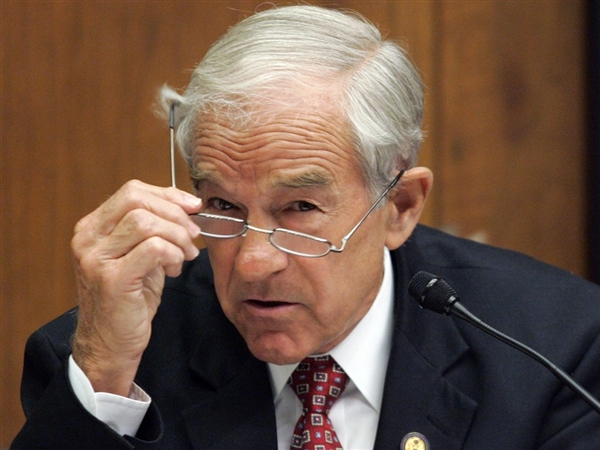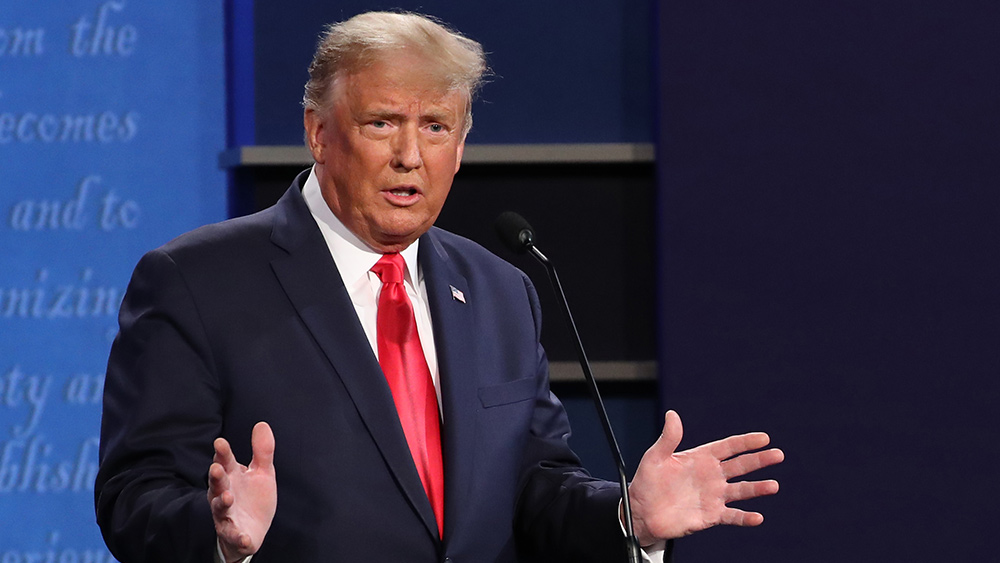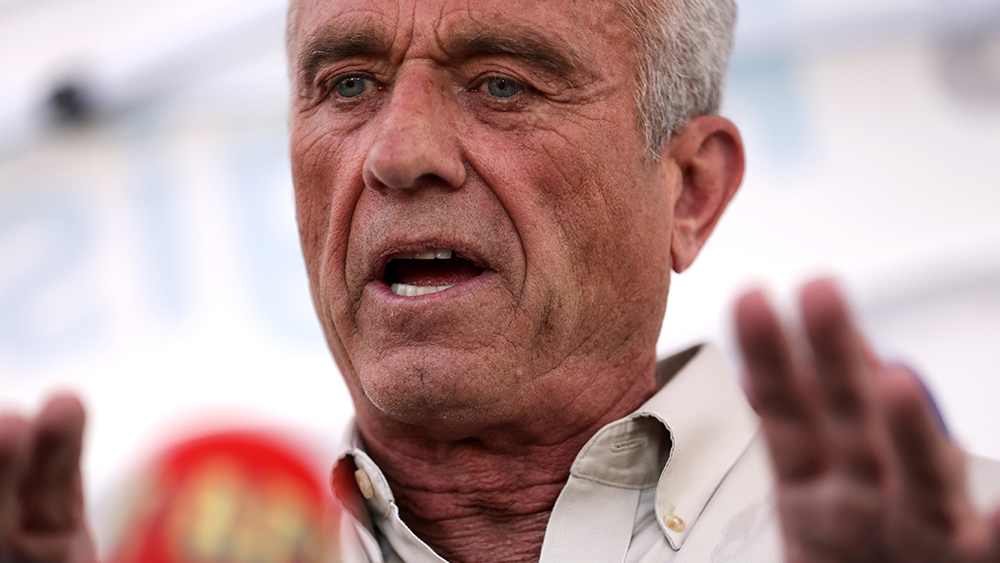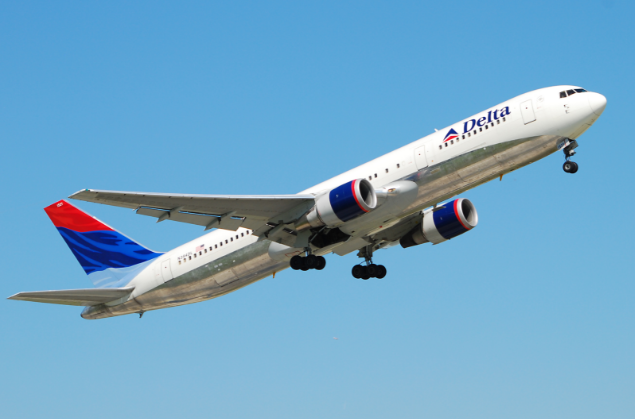Travel insurance industry launches new scheme to exploit irrational climate change fear among travelers
10/06/2023 / By Belle Carter
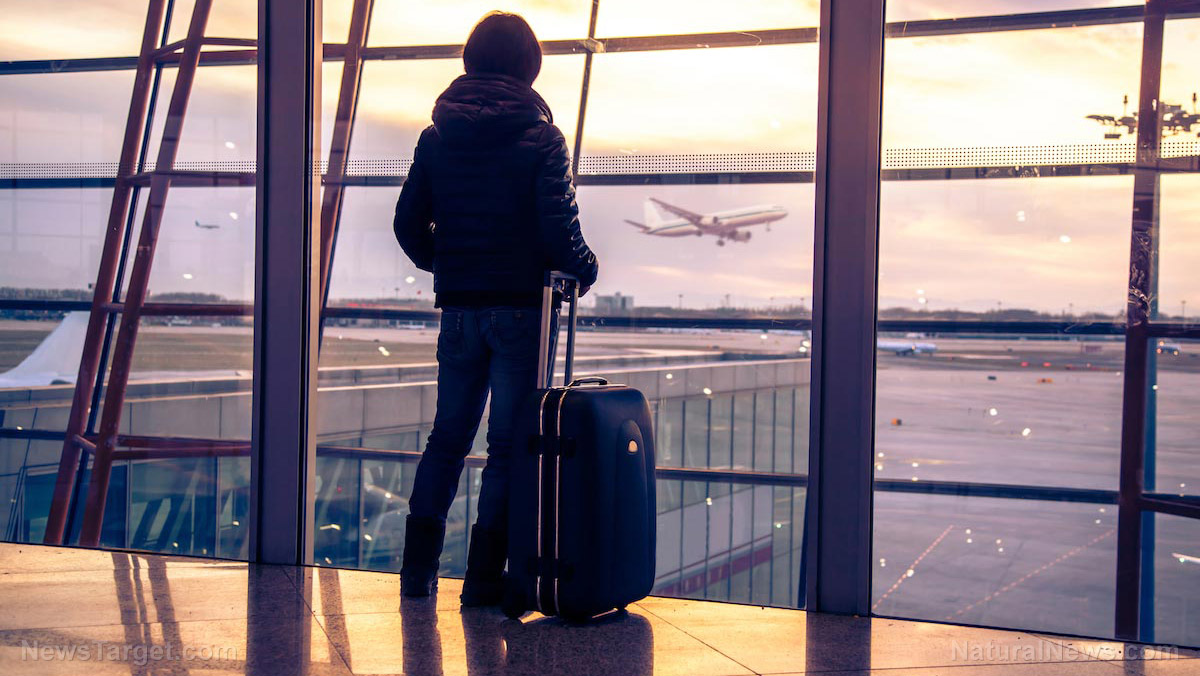
The once-small travel insurance niche is now growing due to climate alarmists’ “fearmongering efforts.” Insurers are seeking a way to make money from your climate change travel anxieties related to experiences and vacations being upended by extreme weather and natural disasters that usually lead to disrupted travel plans.
Of course, this would mean more interest in travel insurance, which covers miscellaneous expenses such as trip cancellation, lost luggage and delays.
“The insurance industry is amongst the first to be affected by climate change. As a whole, the industry is trying to figure out what to do,” said Mike Newman, chief operating officer at Parhelion Underwriting, a risk finance company that insures investments in clean energy, climate finance and the environmental commodity markets.
Now that property insurers are pulling out of states where the risk can’t justify the potential return, states are bailing out their insurance sectors and the government is getting more anxious about the situation, travel insurers are capitalizing on the climate change scam. (Related: Nobel Prize laureate John Clauser challenges climate change claims, says U.S. climate policies grossly misguided.)
“The baseline of normal has changed significantly,” said Jeff Rolander, vice president of claims at Faye Travel Insurance.
Also, the Actuaries Climate Index, which measures the frequency of extreme weather, is showing warming temperatures in North America, fewer cool or cold temperatures, higher sea levels, more heavy precipitation and more drought. These weather events make the offerings of travel insurance companies more appealing.
Travel insurance quoting and comparison engine Squaremouth.com stated the travel insurance market has grown significantly since 2020 when travel came to a halt. It now exceeds pre-pandemic levels, with a whopping 410 percent increase in sales compared to 2020 but also a surge of 126 percent compared to 2019.
According to some experts, part of the reason is that travelers have been spending more on “revenge” trips after feeling locked up for a few years. And during a period of high inflation, the average trip is more expensive – around 15 percent more expensive this year than in 2020. But increased delays due to extreme weather are also contributing to the growth. “People used to just like kind of jump into a trip, and now they’re watching the hurricanes very closely,” said Zach Lazzari, owner of Cross Border Coverage, which provides auto insurance to U.S. and Canadian vehicles driving to Mexico.
Also, travel insurance consumers have not experienced a price shock as opposed to homeowners who already see skyrocketing price hikes in property insurance. One of the reasons is that travel insurance is very short-term, generally just a few days or weeks. Airfare and accommodation costs are also relatively small, predictable amounts and are settled fairly quickly.
Insurance for travelers that encounter “bad weather”
Meanwhile, the new demand for travel insurance paved the way to highly specific niches. An example is the startup Sensible Weather of Nick Cavanaugh, a weather data scientist who previously worked as a quantitative analyst at a hedge fund.
His company offers insurance to cover any bad weather that impacts a trip. Cavanagh, an outdoor enthusiast, saw a growing outdoor recreation market that is increasingly impacted by weather events. Unlike travel insurance, which covers trip cancellation, Sensible Weather can cover events such as rain, extreme heat, or other incidences that can ruin an outdoor trip such as hiking or skiing.
The startup reportedly draws on weather data, technology and analytics to help businesses mitigate the impact of uncontrollable natural events. If a camping trip gets rained out, out-of-luck campers can be reimbursed for the cost of camping reservations.
Fees will vary in a dynamic pricing model that offers different levels of coverage (e.g. camping fees plus the cost of a hotel) and will vary depending on the time of year, geography, and other risk factors. The company also partners with other outdoor businesses like waterparks, boat rentals, or resorts to offer refunds to disappointed customers.
“People are now starting to think about these things on a global scale and there are solutions that we can do for various problems that people have just felt helpless about for a long time,” Cavanaugh said.
Also, taking advantage of the customers’ “hunger” for travel following the long lockdowns due to the Wuhan coronavirus (COVID-19) pandemic, incumbent insurance companies made significant offerings that are not necessarily linked only to weather. An example is the Munich-based multinational financial services company Allianz, which offers higher benefit levels for trip cancellation and trip interruption coverage in response to increased travel costs. It also increased its benefit limits for medical emergencies and added 12 new covered events for trip cancellation and interruption.
Read more stories about the globalists’ efforts to convince people about climate change on ClimateAlarmism.news.
Sources include:
Submit a correction >>
Tagged Under:
Actuaries Climate Index, bubble, climate, climate change, climate hysteria, conspiracy, corruption, deception, delays, Ecology, economic riot, environment, extreme weather, finance riot, hurricanes, insurance industry, money supply, risk, scam, storms, travel anxiety, travel insurance, trip cancellation
This article may contain statements that reflect the opinion of the author
RECENT NEWS & ARTICLES
COPYRIGHT © 2017 CORRUPTION NEWS








